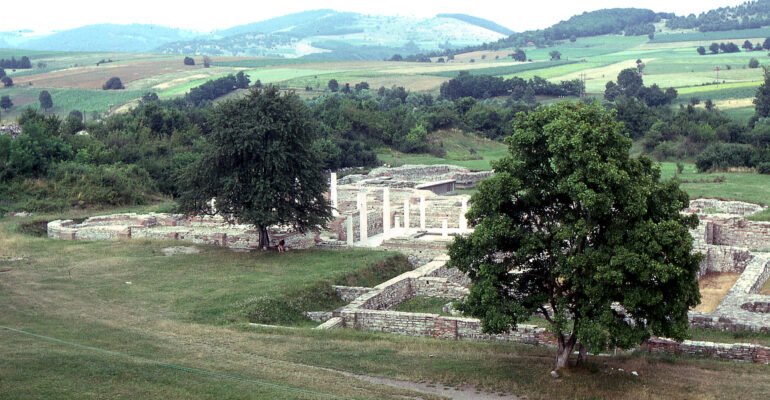
Bogdan Bogdanović
Eminent Serbian architect and urban planner, urban theoretician and philosopher of the city, writer and essayist. During World War II he fought in Tito’s partisan army. On graduating in architecture in Belgrade he worked in both design and research. He lectured at the Department of Architecture at Belgrade University. In the years 1982–1986 he was mayor of Belgrade. He retired in 1987. In 1993, when Slobodan Milošević came to power, he emigrated, first to Paris and later to Vienna, where he settled and lived until the end of his life. In his architecture he created an individual language of forms, which is exemplified in one of his best-known built designs, the memorial complex on the site of the former fascist concentration camp in Jasenovac. Bogdanović’s work is at the forefront of 20th‑century central and eastern European architecture. His essays reflecting on the town and city are no less seminal, in particular in light of what happened in the Balkans in the 1990s. Bogdanović is considered the creator of the concept of urbicide (the killing of the city).

